Understanding Tarantulas and Their Significance
Tarantulas, captivating creatures with their impressive size and often intimidating appearance, have fascinated humans for centuries. These large, hairy spiders belong to the Theraphosidae family, encompassing a vast array of species found across the globe. From the vibrant colors of the Brazilian Rainbow Tarantula to the imposing size of the Goliath Birdeater, the world of tarantulas is incredibly diverse. Beyond their visual appeal, tarantulas play a crucial role in their ecosystems, acting as predators that help control insect populations. Understanding their significance is the first step in appreciating the value of using synonyms, especially when writing about these fascinating arachnids. This allows for a more engaging and accurate portrayal of these creatures, enriching the reader’s experience and broadening their understanding of the topic.
Why Use Tarantula Synonyms
The use of synonyms in writing about tarantulas, or any subject, serves multiple important purposes. Firstly, it prevents the monotony that can arise from repetitive use of the same word. Constantly referring to the spider as a ’tarantula’ can make your writing sound clunky and uninspired. Synonyms offer a way to vary your vocabulary, making your writing more dynamic and engaging for the reader. Secondly, synonyms help you to convey more specific meanings and nuances. Different synonyms carry slightly different connotations, allowing you to choose the word that best fits the context and the tone you want to achieve. This level of precision is crucial in any form of writing, but especially when describing such visually striking and diverse creatures like tarantulas. Synonyms add depth and richness to your writing.
Avoiding Repetition and Enhancing Writing
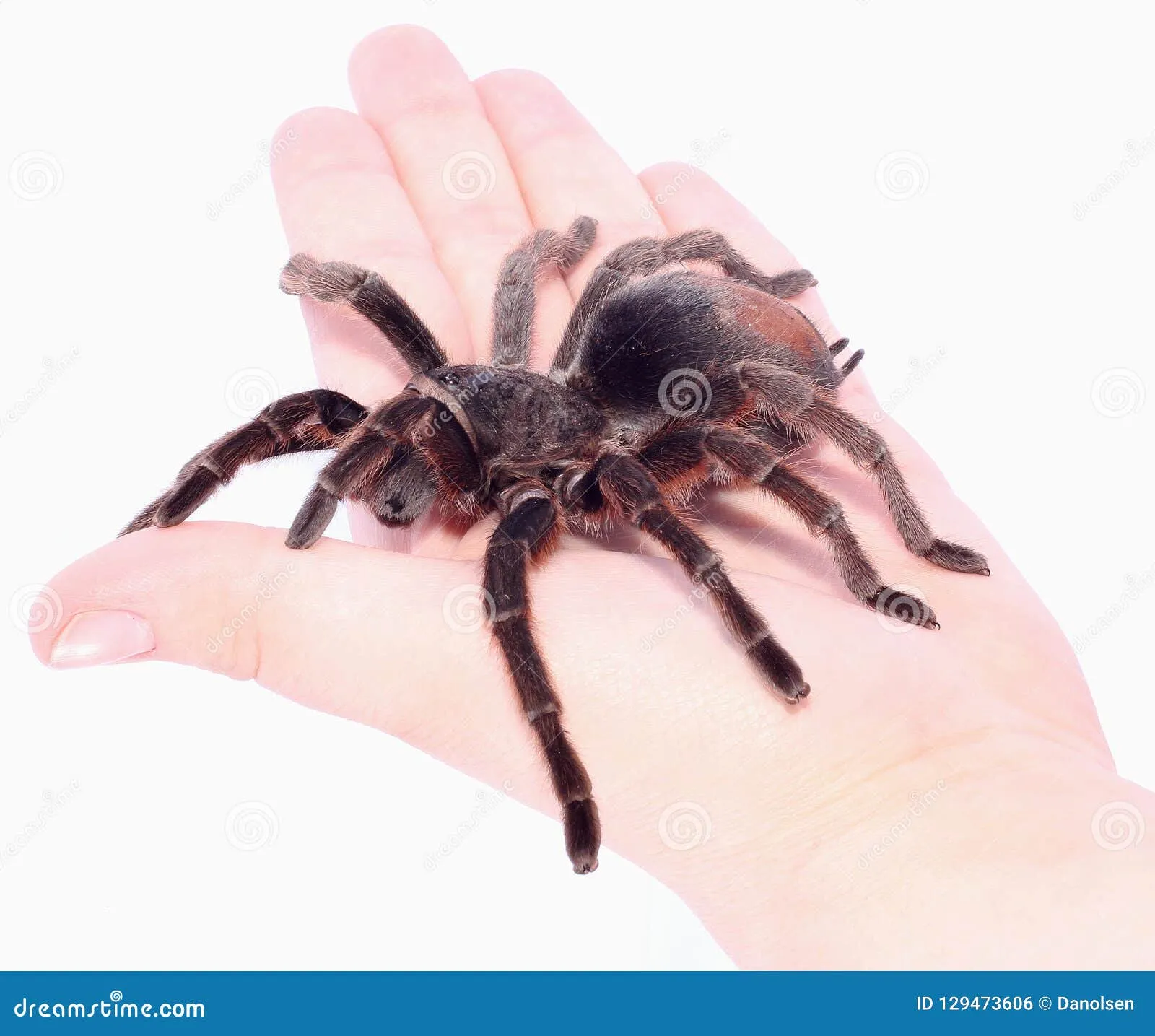
The primary advantage of using synonyms is the avoidance of repetition. A well-crafted piece of writing flows smoothly, and the overuse of a single word disrupts that flow. By introducing alternatives, you keep the reader’s attention and prevent them from becoming disengaged. Moreover, using synonyms enhances the overall quality of your writing. It demonstrates a command of language and a willingness to explore different ways of expressing ideas. This, in turn, makes your writing more interesting, informative, and enjoyable. The effective use of synonyms elevates your writing from the mundane to the compelling. It’s about creating a more vivid and memorable experience for your audience, allowing them to connect with your subject matter on a deeper level, and providing them with new perspectives.
Top 5 Astonishing Tarantula Synonyms
When you’re writing about tarantulas, the right word choice can significantly impact the effectiveness of your writing. Here are five astonishing alternatives to the word ’tarantula’, each with its own unique flavor and application. Remember that choosing the best synonym depends on the context and the specific effect you want to create. Each option offers a different way to describe these incredible creatures, adding variety and depth to your descriptions, and keeping your writing fresh and exciting for your readers. The best synonyms will provide variety and precision, elevating your content from basic to outstanding.
Mygalomorph
Mygalomorph is a more technical term, referring to a suborder of spiders that includes tarantulas. Using this synonym is ideal when you need to be precise and scientific. It immediately establishes your credibility and expertise, especially if your target audience is familiar with arachnid classifications. While it might not be appropriate for all audiences, it is a great choice for scientific papers, detailed articles, or when you want to show a deep understanding of the subject matter. This word also provides a level of sophistication to your writing, making it sound authoritative and informed, and it is perfect when you are discussing the broader category to which tarantulas belong.
Characteristics and Usage
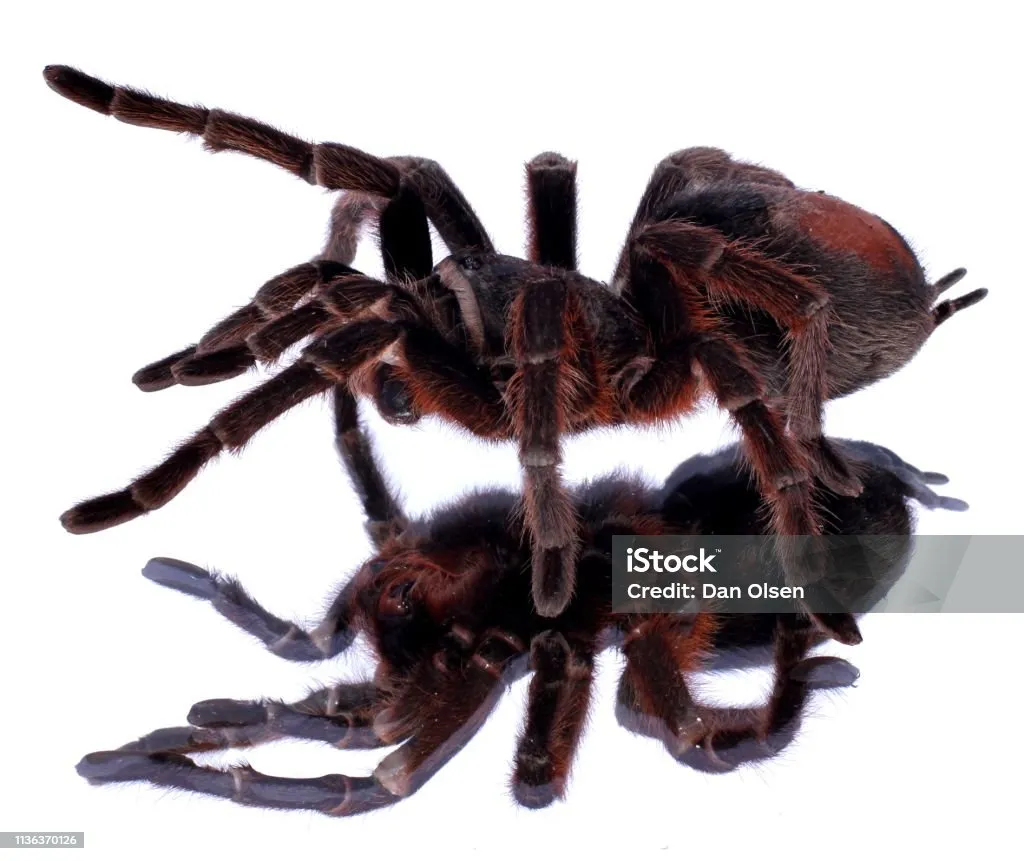
Mygalomorph spiders are characterized by their two pairs of book lungs and downward-pointing fangs. They are generally larger and more robust than other spiders. Use this synonym in a scientific or technical context to emphasize the taxonomic classification of the spider. It’s perfect when you are discussing the evolutionary history or the physical characteristics that unite tarantulas with other related species. This term is best suited for audiences who are comfortable with scientific terminology and appreciate a detailed analysis of the subject. The use of ‘Mygalomorph’ also provides a subtle nod to the scientific community.
Arachnid
Arachnid is a broader term that encompasses all spiders, including tarantulas. This is a versatile synonym that works well in many contexts. It is appropriate when you want to make a general statement about spiders without specifically naming a tarantula. This is particularly useful in introductory paragraphs or when referring to spiders in a broader context. The term ‘arachnid’ is suitable for a general audience because it provides a familiar and easily understood term. This helps to create a more inclusive tone in your writing, inviting a wider range of readers to engage with the content. The term is an excellent choice for making general observations about spiders in an easy-to-understand manner.
Contextual Appropriateness
Use ‘arachnid’ when discussing spider characteristics, behaviors, or habitats in a general way. It’s also suitable when comparing tarantulas to other types of spiders. This is a great way to ensure your writing remains accessible without compromising its accuracy. For example, you might say, ‘The arachnid’s eight legs…’ or ‘This arachnid belongs to the family…’. The context will often determine the best synonym, and ‘arachnid’ offers a strong degree of flexibility. It is especially useful if your writing needs to maintain a degree of generality to avoid alienating certain readers.
Spider

The simplest and most widely understood synonym is simply ‘spider’. It works in almost any situation. This word is perfect for a general audience and for situations where clarity is paramount. It avoids the need for specialized terminology and can be used when describing the general appearance or behavior of a tarantula. The familiarity of the word ensures that your audience can understand what you’re talking about without needing any prior knowledge. This makes it an excellent choice for reaching a broad audience, allowing you to describe these amazing creatures in a way that everyone can understand. By employing ‘spider’, you ensure that your writing remains both accessible and engaging.
General Applicability
Use ‘spider’ in everyday writing or when the specific type of spider is not crucial to the point. This is a great choice for general descriptions and storytelling. Using ‘spider’ helps maintain a conversational tone, which makes your writing more engaging and relatable. The simplicity of the word guarantees a clear and direct message, so your audience can focus on the core content, rather than struggling with unfamiliar terms. It is often best to use this synonym when aiming for broader appeal, which allows for the greatest degree of clarity and understanding. This synonym is an easy way to bring the attention back to the main points of the content.
Hairy spider
This is a descriptive synonym that highlights a key physical characteristic of tarantulas. It’s a good choice if you want to emphasize the appearance of the spider. The term ‘hairy spider’ paints a clear picture in the reader’s mind, allowing them to visualize the spider’s distinctive features. It’s a great way to make your writing more descriptive and engaging. Use this synonym when describing the physical appearance or when discussing the tarantula’s texture, providing a visual and sensory element. This synonym adds a unique touch, providing a more vivid and evocative description, and it can really help to make your writing more memorable and impactful.
Descriptive and Evocative Power
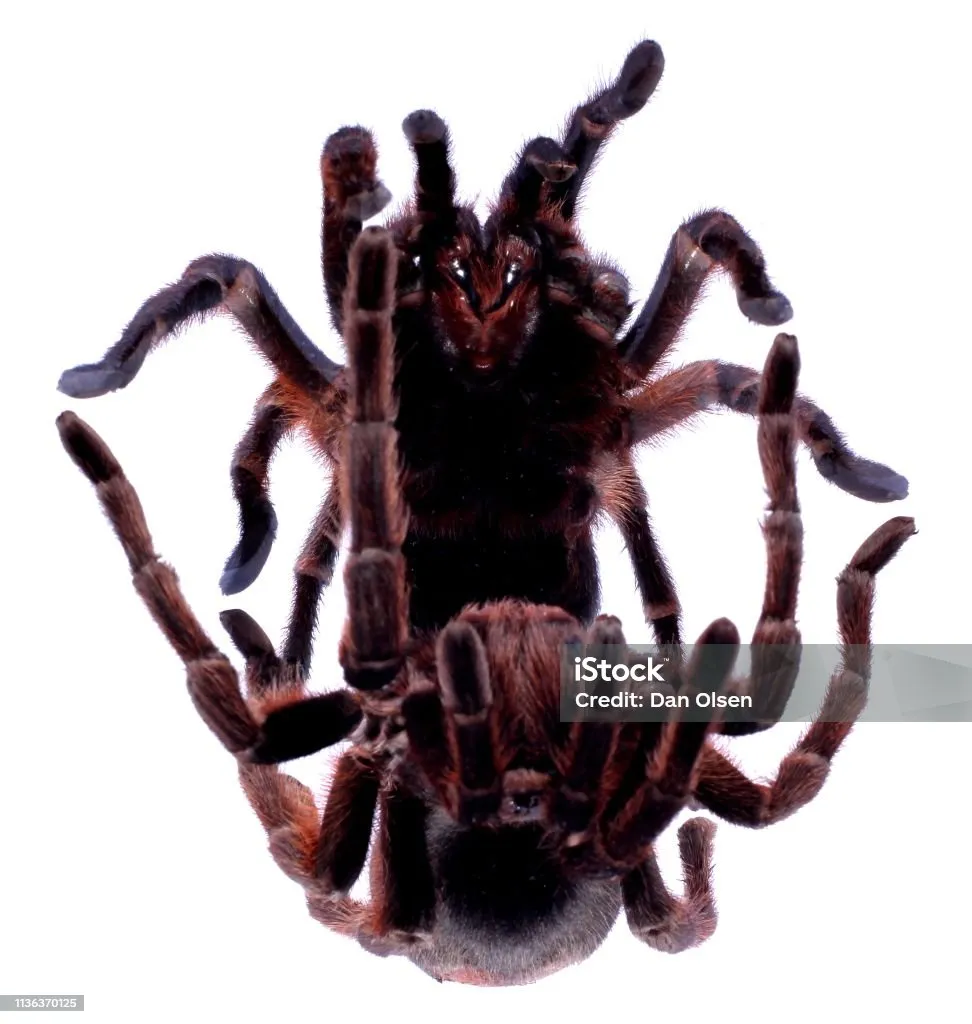
Use ‘hairy spider’ to create a more vivid image in the reader’s mind. It’s particularly effective in descriptive passages or when you want to evoke a sense of the tarantula’s texture. This synonym is perfect when you want to draw the reader into the scene. It provides a descriptive element, allowing your audience to visualize the creature. This adds detail that can engage the reader on a sensory level, making your writing more interesting. This is a fantastic option for writers looking to create engaging, memorable content.
Eight-legged creature
This is a descriptive and slightly more general term, perfect for maintaining a degree of mystery or for reaching a broader audience. It is a good choice when you want to focus on the spider’s unique physical structure without necessarily specifying it as a tarantula. This term avoids direct classification, letting the reader discover what you are referring to as they progress. This synonym is a great way to create a more subtle description, allowing the reader to imagine the spider, and it can be particularly effective when introducing the subject in a more engaging manner. It offers a unique way to capture your reader’s attention from the outset.
Simplicity and Clarity
This phrase works well when clarity is paramount, and you want to avoid the use of more specific terms. This synonym can be useful when talking to a wider audience. It makes your writing simple and accessible, which improves the chances that your audience understands your core message. It’s an excellent option for when you are explaining the features of the tarantula. The phrase also allows for a degree of generality, which makes it a good choice for a variety of writing styles. This is a fantastic option for communicating information simply and clearly.
Choosing the Right Synonym
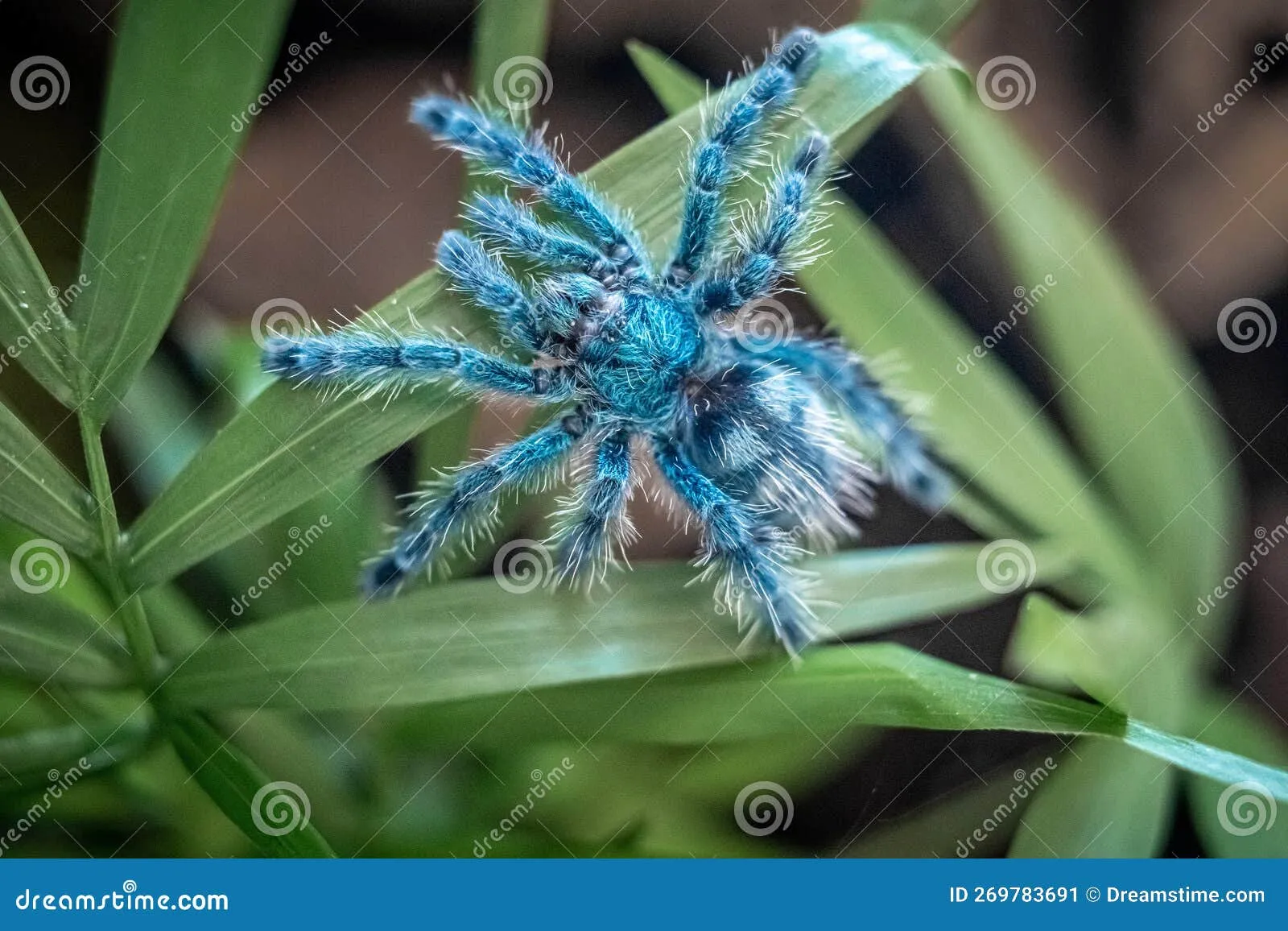
The best synonym to use always depends on the context of your writing. Considering the audience, the desired tone, and the specific information you want to convey are all critical steps in the decision-making process. Always consider what you hope to achieve with your writing, and select the words that will best help you meet your goals. By varying the vocabulary and utilizing the different synonyms, you can create compelling articles, and help your audience better understand the topic at hand. Using the right synonym ensures that your writing remains clear, concise, and captivating.
Considering the Audience
Consider the audience’s knowledge and familiarity with the topic. If you’re writing for a general audience, using ‘spider’ or ‘hairy spider’ might be the best option. For a more scientific audience, ‘Mygalomorph’ might be appropriate. Understanding who you are writing for is essential to choose the right synonym. Making sure the choice of words matches their comprehension level will ensure that your writing connects with your target demographic. This awareness ensures effective communication and prevents potential misunderstandings, ultimately enhancing your writing.
Maintaining Clarity
The most important thing is to ensure your writing remains clear. The chosen synonym should not confuse your readers. Before you use a synonym, make sure it’s a word that your audience will understand, or else clarify the meaning immediately. The goal is to help the reader understand, not to make them feel lost. So, always use the synonym that will most effectively convey your intended message without causing unnecessary confusion. This will enhance the overall quality of your writing, and promote effective communication. Make certain your words are easy to understand.
Examples of Usage
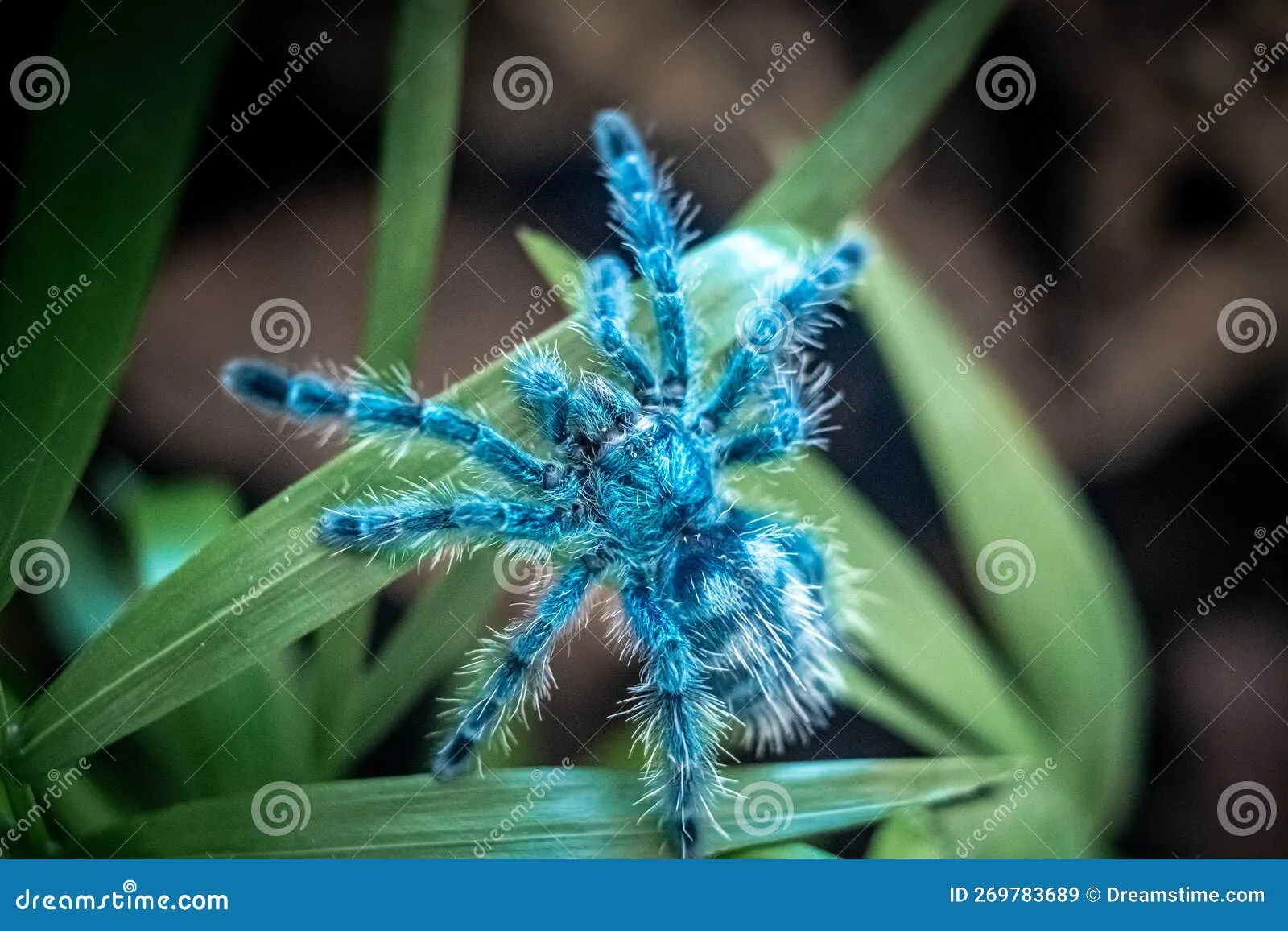
For example, instead of repeating ’tarantula’ throughout an article about their habitats, you could say ‘The hairy spider builds its burrow…’ then later describe the ‘arachnid’s’ hunting behavior, or, in a scientific context, specify the ‘Mygalomorph’ family. The strategic use of synonyms improves the readability and engagement of the piece. This approach allows you to provide detailed descriptions, avoid monotony, and enhance the overall quality of your writing. Using synonyms in this way makes your content more compelling and enjoyable for your readers. By incorporating these synonyms, you can ensure your readers stay engaged while expanding their knowledge of tarantulas.
